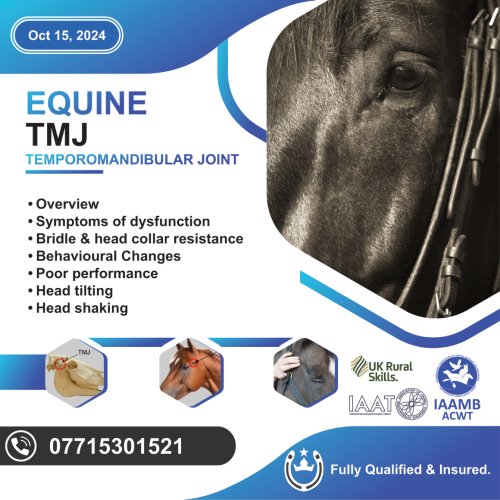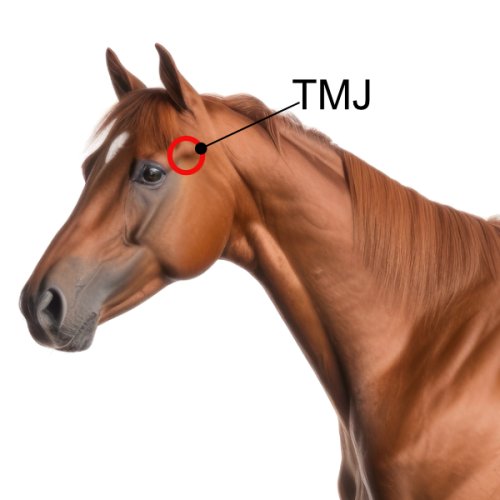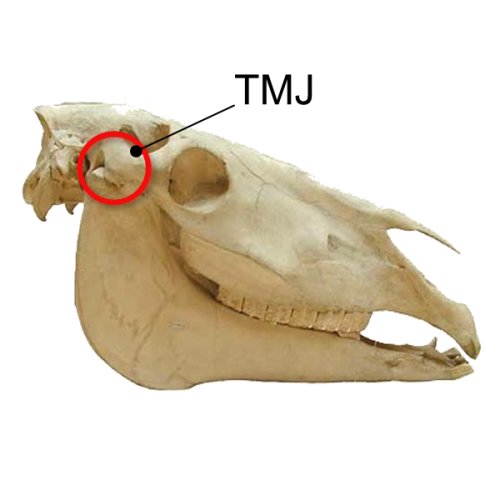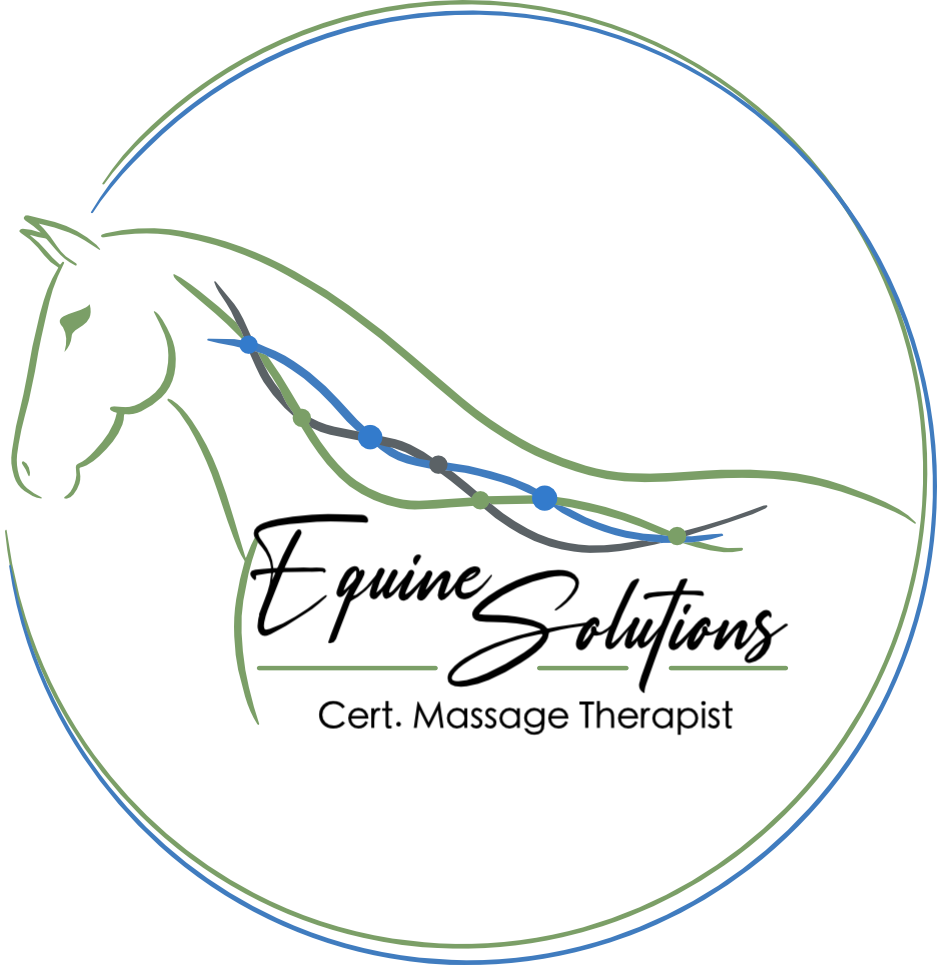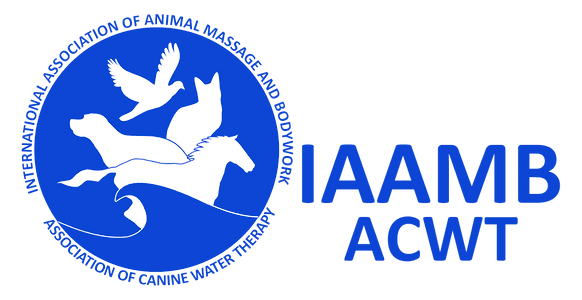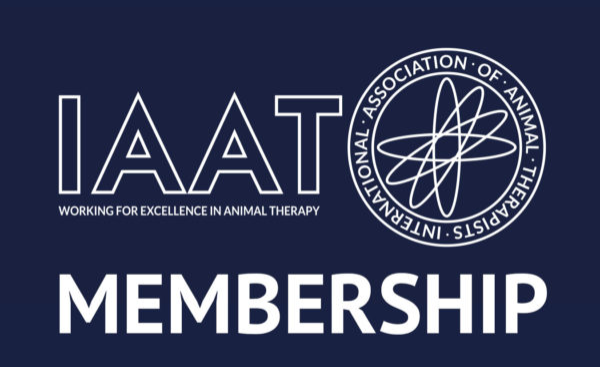Overview
The Temporomandibular joint (TMJ) is a very complex joint within the horse's skull. It plays a crucial role in the overall health and movement of a horse.
This joint is located on both sides of the head where the jaw meets the skull, it's essential for chewing, biting, and even breathing.
As an Equine Massage Therapist, I understand that the healthy function of this joint can significantly influence the horse’s entire musculoskeletal system. I will explore the importance of the TMJ & how it affects the body’s movement, together with symptoms of possible dysfunction.
What is the Temporomandibular joint (TMJ)?
The TMJ connects the mandible (lower jaw) to the temporal bone of the skull. This joint is so important not only for basic functions such as eating but can also impact the horse’s posture, movement & overall wellbeing.
Symptoms of Dysfunction
- Resistance of bridling & head collars.
- Behavioural Changes.
- Difficulty in chewing/Eating.
- Poor performance.
- Tilting their head to the side.
- Head shaking.
Dysfunction of The TMJ & Its Impact on Body Movement
- Muscular Compensation - When the TMJ lacks correct functionality horses may develop muscular imbalances throughout the body due to discomfort. This imbalance can lead to compensatory patterns developing within other muscles. It can also lead to gait abnormalities.
- Balance & Posture - Misalignment or pain within the TMJ can lead to compensatory changes within the horse's posture. This in turn can affect overall posture & balance.
- Back & Neck Tension - If dysfunction presents itself within the TMJ that tension can then radiate through the neck and back, this tension can in turn lead to stiffness and discomfort with movement impediment.
- Efficient Movement - Should restriction & pain be present within the TMJ then your horse's ability to perform in an athletic manner can be compromised. This can be seen in stride length, lateral work, collection, head shaking & reluctance to take a contact.
As you can see the health of your horse's TMJ is integral to your horse’s overall movement and performance. Hopefully this small insight into the workings of the TMJ can alert you to any possible dysfunction or pain.
Speak to your equine therapist if you believe there may be an issue. They can check this important joint to maintain its health, together with enhancing your horse’s comfort, well-being & performance.

